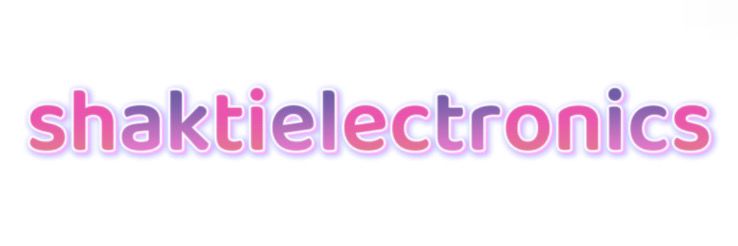Key Considerations When Choosing Small Signal Switch Diodes
When it comes to electronic circuit design, selecting the right components is crucial. One of the essential components in digital and analog circuits is the small signal switch diode. These devices play a significant role in signal routing, clipping, and general switching applications. Below are key considerations to keep in mind when choosing the right small signal switch diode, informed by insights from industry experts.
Contact us to discuss your requirements of small signal switch diode. Our experienced sales team can help you identify the options that best suit your needs.
Understanding the Basics of Small Signal Switch Diodes
Before delving into specific considerations, it is important to understand what a small signal switch diode is. Unlike larger power diodes that handle high current and voltage applications, small signal switch diodes are designed for low-power environments. They have faster switching speeds, making them ideal for applications in telecommunication, audio devices, and digital circuits.
Key Considerations When Selecting Small Signal Switch Diodes
Forward Current Rating
One of the primary considerations is the forward current rating of the diode. Industry expert John Doe, a senior engineer at Tech Innovations Inc., states, “Choosing a diode with a sufficient forward current rating ensures that it can handle the load without overheating or experiencing failure.” It’s essential to assess the maximum current your application will demand and select a diode that exceeds that requirement.
Reverse Voltage Rating
It is equally important to evaluate the reverse voltage rating (also known as reverse breakdown voltage). According to Jane Smith, a circuit design specialist at ElectronWorks, “Selecting a diode with a reverse voltage rating that comfortably exceeds the maximum expected reverse voltage is key to preventing breakdown.” This consideration prevents unwanted current flow in the reverse direction, which can damage the circuit.
Switching Speed
The switching speed of a small signal switch diode is a critical parameter, especially in high-frequency applications. “For RF applications, a diode with lower switching times reduces latency and enhances performance,” says Mike Johnson, a RF engineer at HyperWave Technologies. When selecting a diode, comparison of datasheets for switching times ensures optimal performance in your unique application.
Additional reading:What Are the Benefits of Schottky Diode Bridge Rectifiers?
Capacitance and Noise Performance
Wholesale Small Signal Switch Diode: Your Ultimate Buying Guide
Capacitance can affect signal integrity, particularly in high-speed digital applications. As noted by Laura Williams, an expert in signal processing, “Lower junction capacitance can improve frequency response and reduce noise, making the signal cleaner and more reliable.” Thus, selecting a small signal switch diode with adequate capacitance specifications is vital for maintaining signal quality.
Temperature Range
The operational temperature range is another essential aspect to consider. “Knowing the environment in which the diode will operate is crucial for longevity,” emphasizes Greg Brown, a senior component engineer. “If a diode is selected without regard for the temperature profile of a project, it may fail unexpectedly.” Choosing a small signal switch diode with a temperature rating suitable for your application lifecycle is vital for reliability.
Package Type and Footprint
Lastly, the package type affects how well the diode integrates into a given design. Smaller devices may offer space-saving benefits, while other forms can dissipate heat more efficiently. “Understanding your PCB layout and thermal management needs will guide your package selection,” notes Sarah Lee, an electronics manufacturing consultant. Considering the physical dimensions and how they fit into your system is crucial for successful integration.
Conclusion
Choosing the right small signal switch diode requires careful consideration of various parameters including forward current rating, reverse voltage rating, switching speed, capacitance, temperature range, and package type. By understanding these key factors and referencing insights from industry experts, designers can select components that enhance performance and reliability in their circuits.
For more Wholesale Small Signal Schottky Diodeinformation, please contact us. We will provide professional answers.
58
0
0


Comments
All Comments (0)